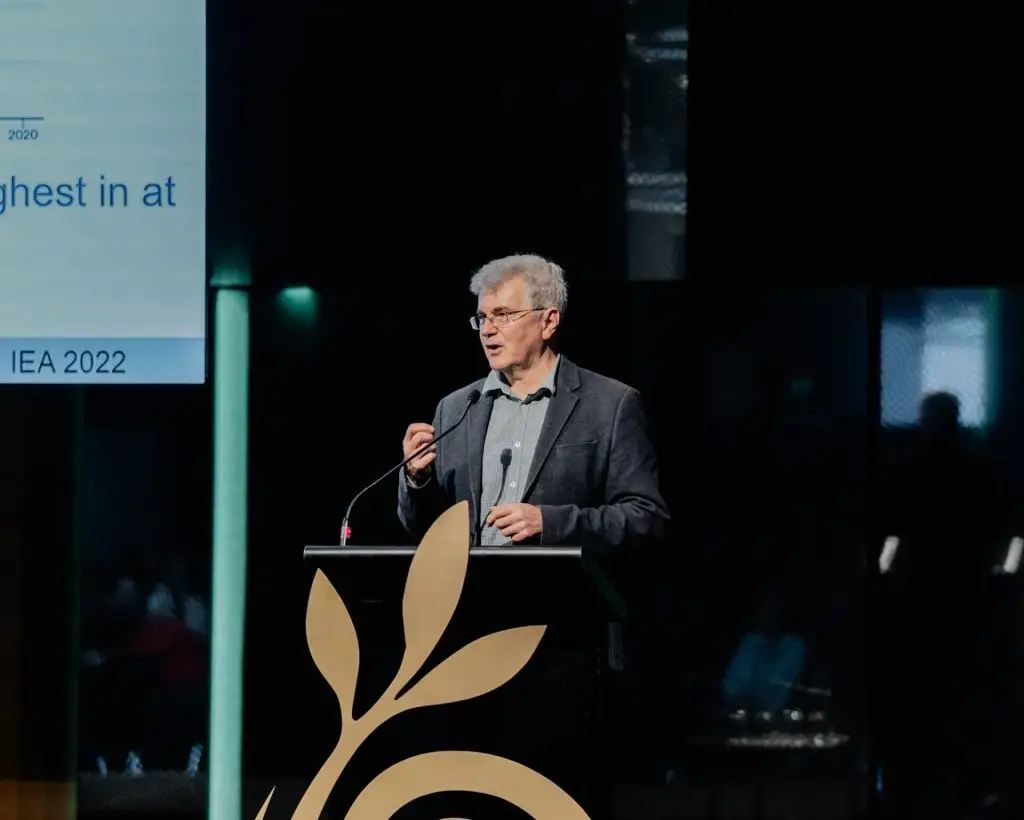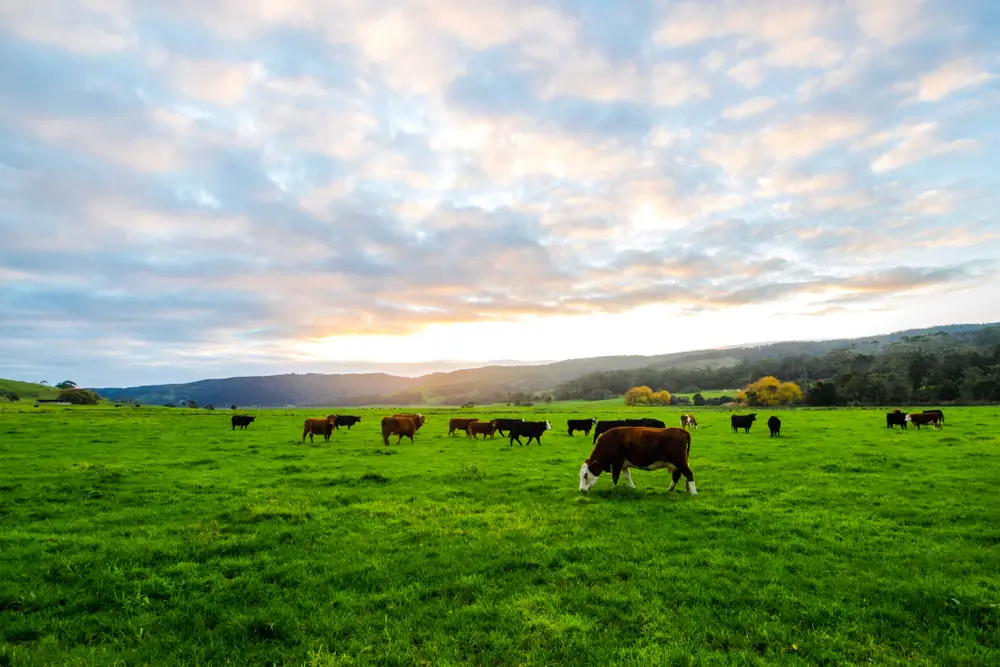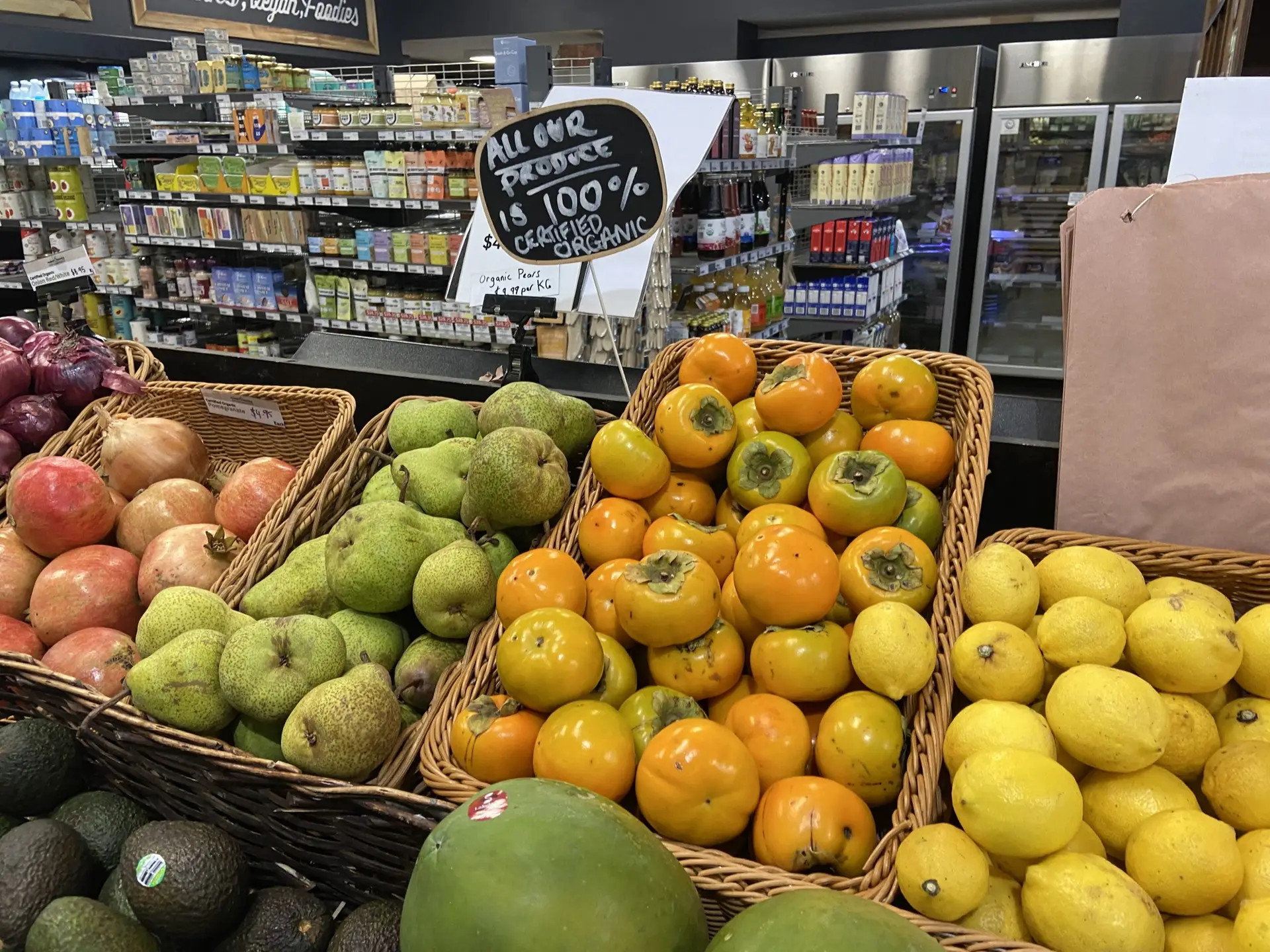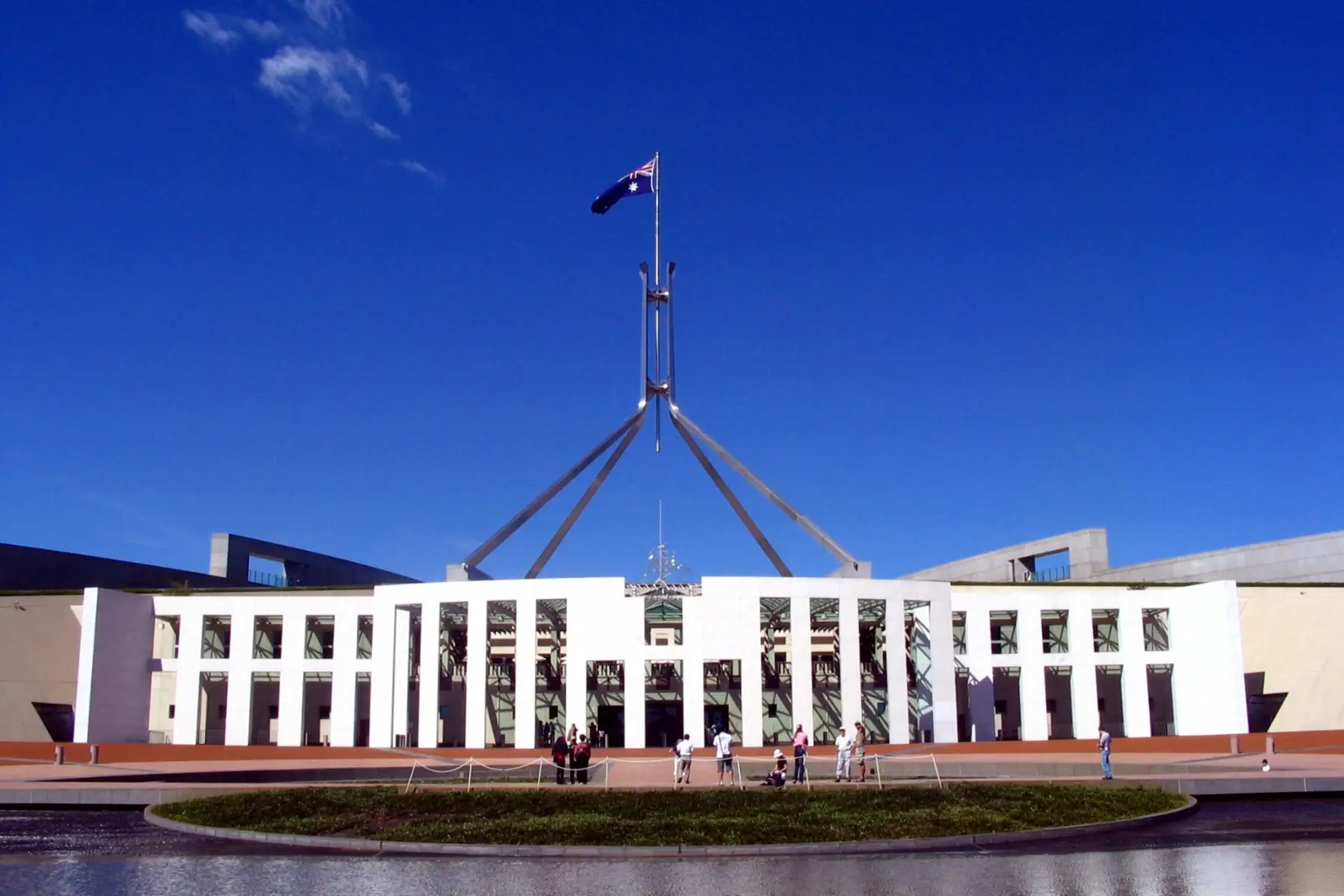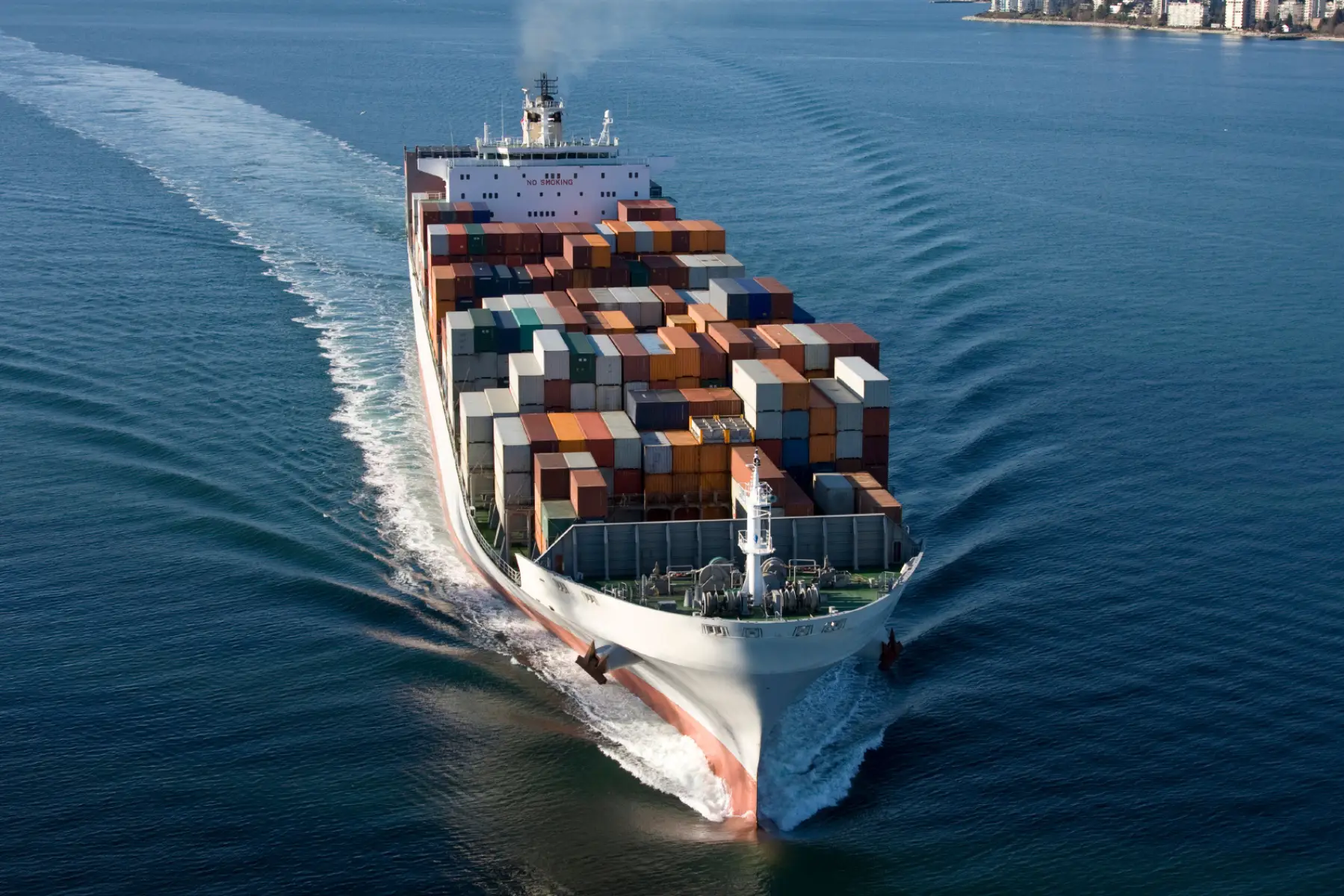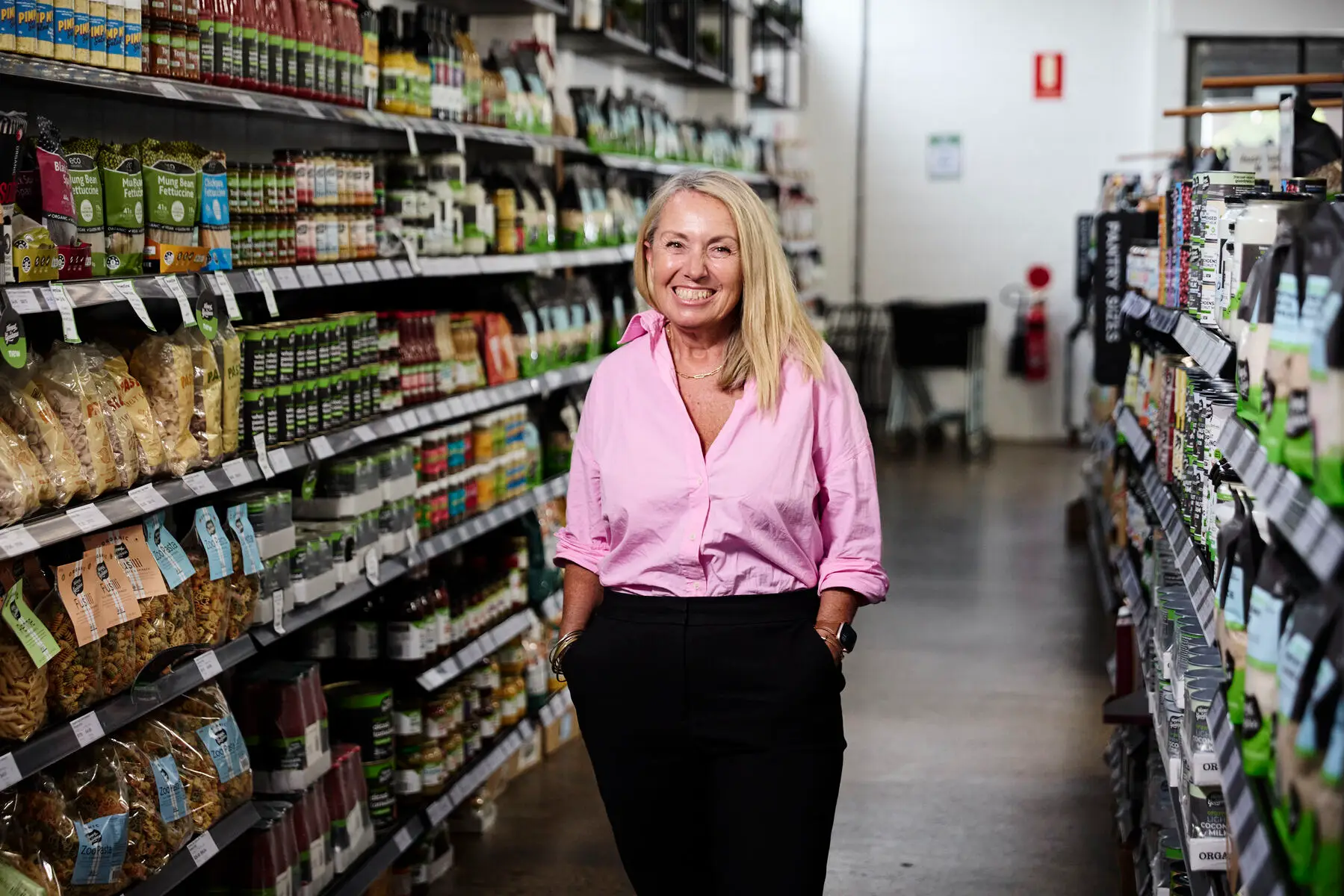THE Vice Chair of the Intergovernmental Panel on Climate Change (IPCC) has told the inaugural Australian Organic Conference in Brisbane that organic food production has a direct opportunity to slow climate change and support the wellbeing of the planet.
Professor Mark Howden, who is also Director of the Australian National University’s Institute for Climate Change, Energy and Disaster Solutions, said with approximately one-third of the world’s total greenhouse gas emissions currently being generated by global food systems, the principles of organic production ideally positioned the sector to help improve environmental performance.
“The IPCC estimates food system emissions covering production, processing, transport and storage are sitting at roughly 29 per cent,” Professor Howden said.
“Food systems emit carbon dioxide, methane and nitrous oxide, which are the three big greenhouse gases.
“The atmospheric concentrations of each of these gases reached record levels last year, which has contributed to a global temperature that was 1.24 degrees Celsius above pre-industrialised levels on a trend basis.”
As global temperatures continue to increase above long-term averages, Professor Howden said the key characteristics of organic farming and production lend themselves to reducing net greenhouse gas emissions.
“Organic farming very tightly manages inputs into production systems, which tends to restrict the loss of gases such as nitrous oxide and methane in the atmosphere, and generally makes the system more efficient and less leaky,” he said.
“In various circumstances organic farming also builds soil organic carbon, meaning the carbon is taken out of the atmosphere and put into the soil.
“This is fundamental to soil health, enhances the productivity and sustainability of farming systems as well as being important from a climate change point of view.”
While organic food systems generally mean emissions are lower, Professor Howden said the ethos that comes with organic farming tends to come along with an ethos of reducing waste.
“Food waste is a big part of the global picture with some estimates suggesting between 30 and 40 per cent of the food grown on earth is lost or wasted, which also contributes to emissions,” he said.
Melbourne-based company Bardee is reshaping global food systems, with a world-first vertical farming system that prevents food waste from turning into methane and recycles the nutrients back into the food system.
Speaking on a panel at the conference, Bardee CEO and co-founder, Phoebe Gardner, said the company is taking food waste and transforming it into high-quality insect protein and oil, as well as organic fertiliser.
“Insects are nature’s most powerful upcyclers and are the missing link in reshaping our food system,” Ms Gardner said.
“Bardee produces proteins, fats, and fertilisers from food waste with insects and uses no additional water, hormones, or additives to replace unsustainable food sources being shipped across the globe.”
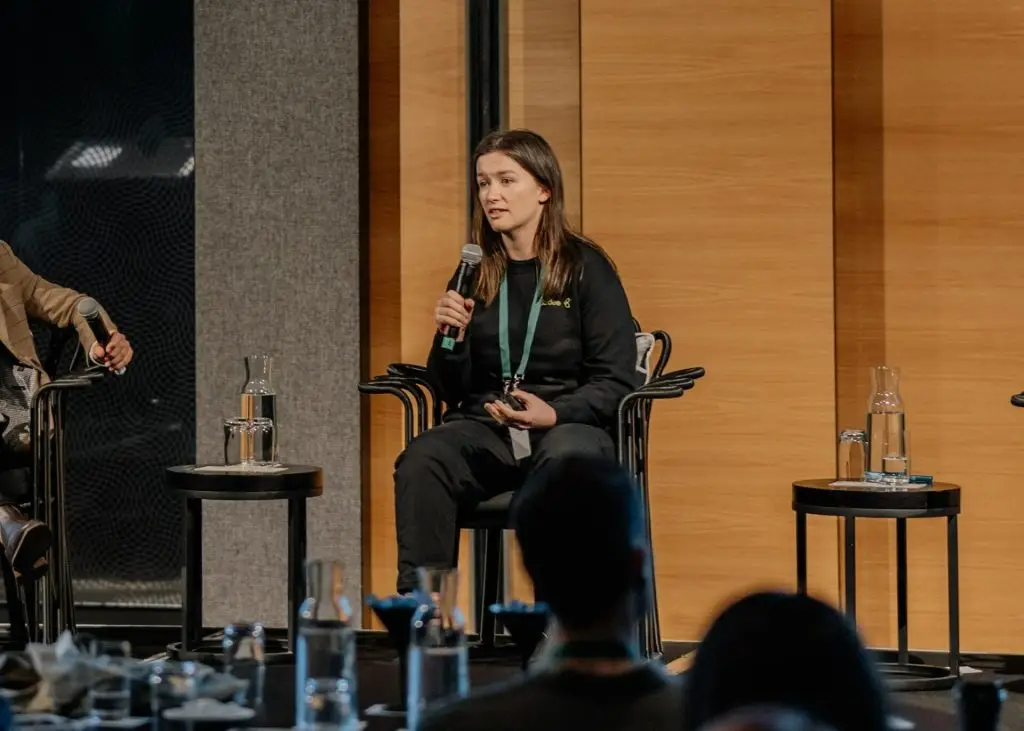
In just two years, Bardee has grown from using a parking space at the University of Melbourne, to a 2,500sqm solar powered pilot facility called Moonbase, capable of processing 3,000 tonnes of food waste per year and offsetting 50 tonnes of carbon emissions per day.
When looking at other future trends, Professor Howden told delegates he expected geographical and behavioural shifts over the next decade.
“Over the years, we have pushed agriculture away from fertile areas into more risky environments where you need irrigation and where they are energy hungry being more reliant on energy inputs,” he said.
“As more people in major cities become interested in the provenance of their food, how it is transported and potential health benefits, I think we will see a potential geographical relocation with a reemphasis and surge in peri-urban and urban agricultural production.”
As an avid home gardener growing his own produce using hydroponic systems and wicking beds Professor Howden said for climate change to be significantly slowed, urgent and substantial action is needed.
“The best time to have acted on climate change was over 20 years ago and the second-best time is today,” he said.
The inaugural Australian Organic Conference 2022 is being held in Brisbane today and tomorrow.
Media enquiries:
Hannah Hardy
hannah.hardy@bluehillpr.com.au
0421 196 004
Andrea Davy
andrea.davy@bluehillpr.com.au
0419 773 576
